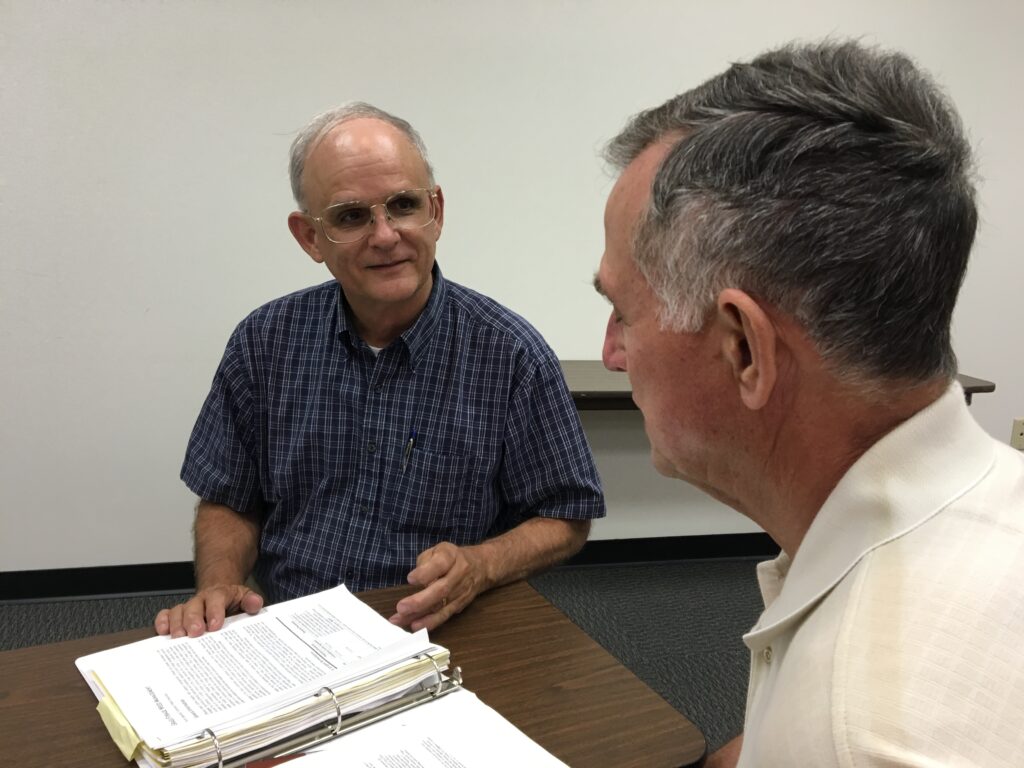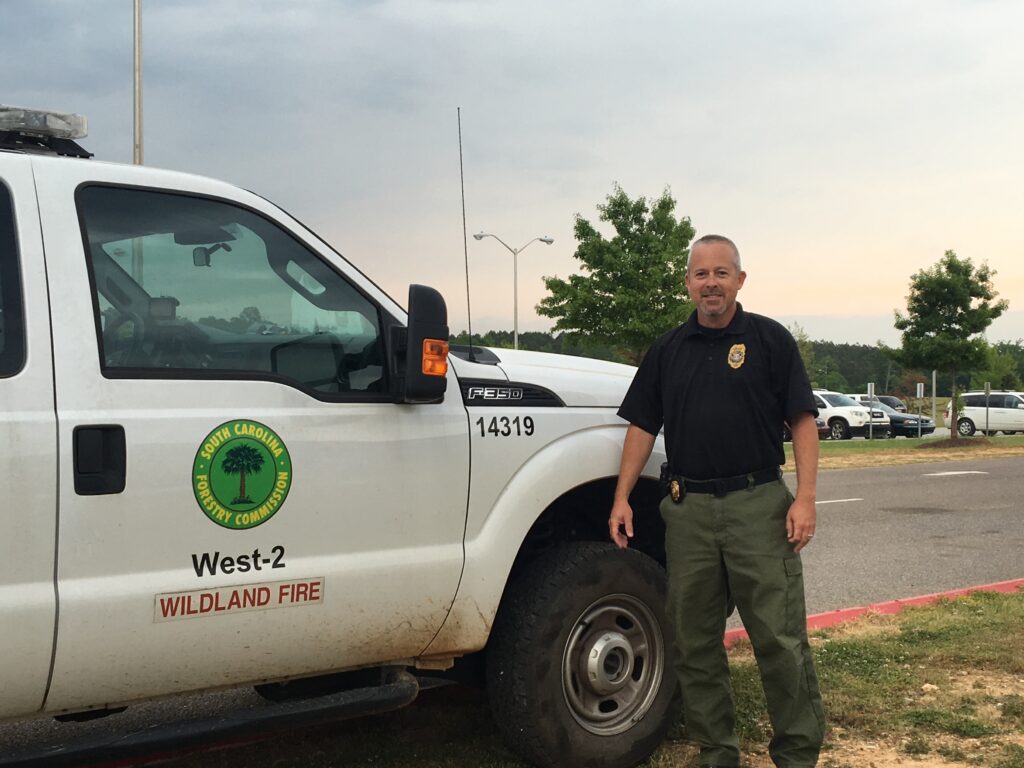Did you know that the term ‘forester’ is kind of a generic term used by much of the public to describe someone who works in the forest as a professional? That’s kind of like saying all medical doctors are doctors. Foresters are the same way. In this article, I will explain the differences between foresters and how different agencies play different roles in forestry. Let’s start by naming the first one.

The consulting forester is often referred to as simply ‘a consultant’ in the forest industry. The consulting forester’s job is to represent their client (which is you, the landowner) while managing your property. Typically, a landowner would hire a consulting forester to manage their property according to the objectives that the landowner has communicated to them. The consulting forester’s job is to accomplish the landowner’s goals based on needed forest activities, such as site prep, tree planting, thinning harvests, understory competition control, and final harvest. Then, the entire process starts over with site prep. The consultant will shop out these forest activities on your behalf to get you the best price possible. Some consultants can provide other services. Thus, it’s always important for a landowner to ask as many questions as possible before deciding whom to hire. Most consulting foresters belong to the Association of Consulting Foresters (ACF) and will also be registered foresters through the Society of American Foresters (SAF). Registration through SAF is literally what gives an individual the right to be called a ‘forester’. Oftentimes, consulting foresters are paid either through commission on a timber sale or a flat fee for services rendered. Since consulting foresters are working on your behalf, they are not wood buyers; that would fall on the shoulders of a procurement forester.
A procurement forester is a wood buyer. Some procurement foresters work directly for a mill, some work for a firm known as a wood dealer, and some work for large logging operations. They are not consulting foresters, though they may offer friendly advice on forest management. A procurement forester’s job is to provide you with a fair market price for your timber. At the end of the day, they are the ones who are paying for your wood. They are also who is responsible for lining up which logger will be operating on your land during the harvest. Some companies’ procurement foresters have begun venturing into reforestation (site prep and tree planting) in efforts to work one-on-one with landowners to help make sure future timber stands are available. Most companies encourage their procurement foresters to be registered foresters with SAF. At a minimum, the head procurement forester for a company will be SAF-certified while the other procurement foresters work under their supervision.

State Agency Foresters (SC Forestry Commission, Clemson Extension, and SC Dept of Natural Resources) are unique in that we are all state-funded agencies with different roles to support the citizens of South Carolina. Though each agency is interested in managing natural resources in South Carolina, each one does it in different ways due to the way each is charged to operate. I will not bore you with each agency’s Mission Statement, as a quick Google Search will easily turn that up, but do know that all three state agencies offer landowner advice for managing natural resources. Some agencies also offer services for a fee, such as controlled burning through the SC Forestry Commission or landowner education workshops through Clemson Extension, which are two quick examples, but not limited to just that. State agencies can provide you with lists of contacts to help you reach your natural resource goals. Agencies do this since the government cannot show favoritism toward any one company over another. You are encouraged to call at least three on that list to know you are getting a fair price for the services you are soliciting. Other than educational content during your interaction with the state, this is a state agency’s effort to help you reach those you need to complete your management goals, should you not be able to do it on your own. Depending on the agency and position held, some employees will be SAF-certified, and others may be certified wildlife biologists through The Wildlife Society.
Federal Agency Foresters (US Forest Service, US Fish and Wildlife Service, etc.) are federally funded agencies. Typically, they manage the forest lands to which their job is assigned. These would be places like Sumter National Forest, Francis Marion National Forest, etc., and other places like such. You might know someone whom such an agency employs, and they may give you friendly advice about your property; however, they are not in the business of coming out and looking at a landowner’s property to give assessments or offer advice. This article is a very brief description of the differences between the many types of foresters. Due to the many nuances of differences between industry and governmental agencies, I could not have listed everything, and you still be reading at this point? If you find yourself still uncertain of who you need to contact to help you on your natural resource journey, you can always call your local Clemson Extension office to speak with your local area forestry agent, as we will be glad to assist you and/or point you in the right direction.
Author
Stephen Pohlman, Cooperative Extension, Area Forestry and Wildlife Agent
Clemson University Cooperative Extension Service offers its programs to people of all ages, regardless of race, color, gender, religion, national origin, disability, political beliefs, sexual orientation, gender identity, marital or family status and is an equal opportunity employer.
